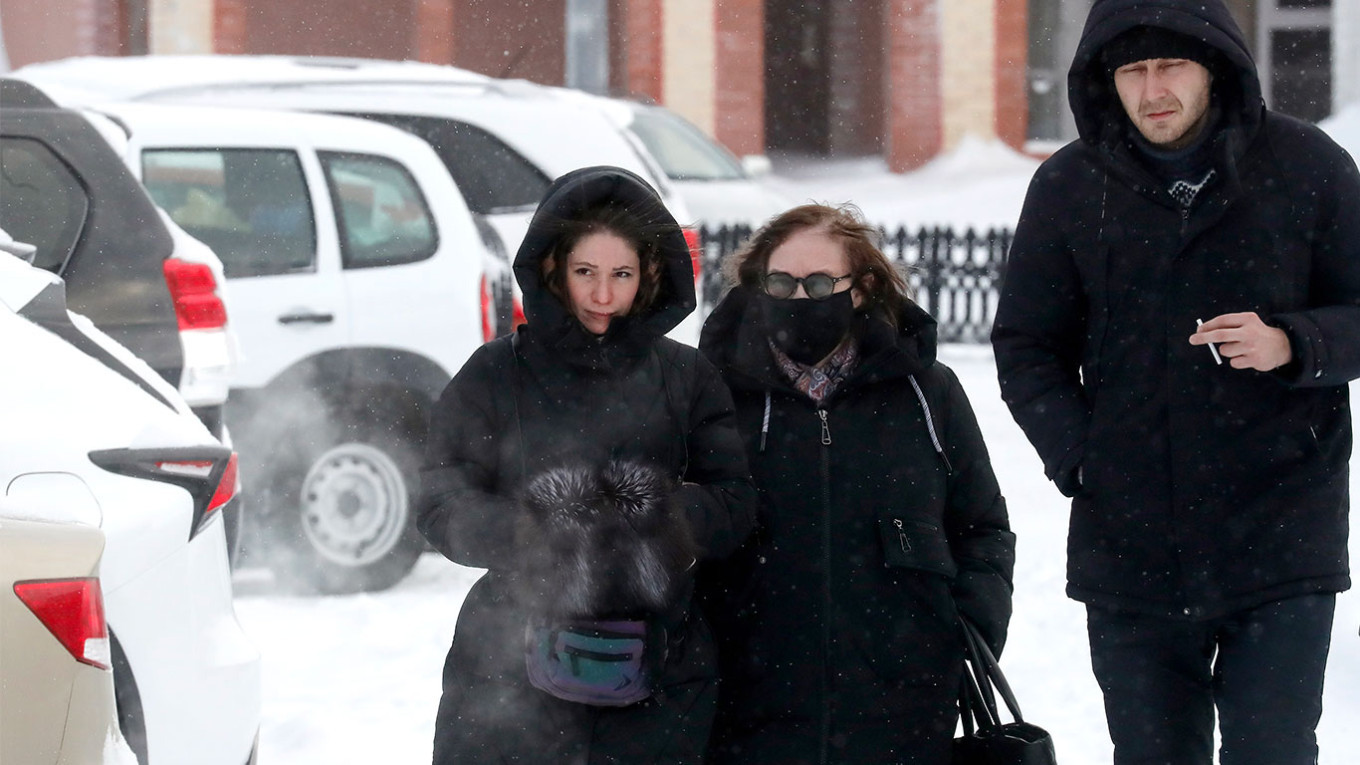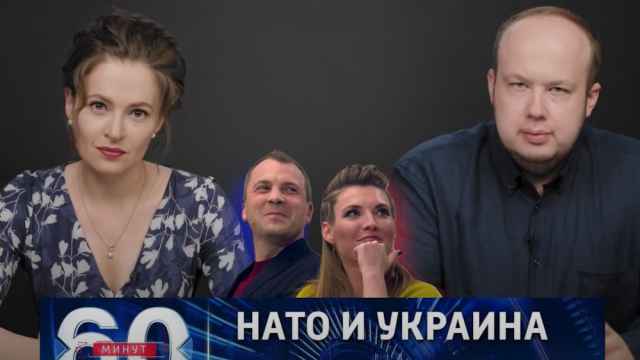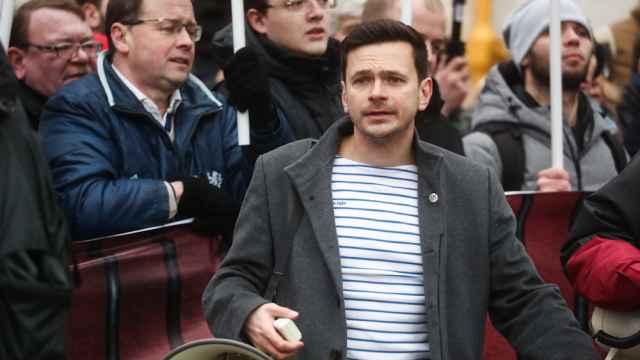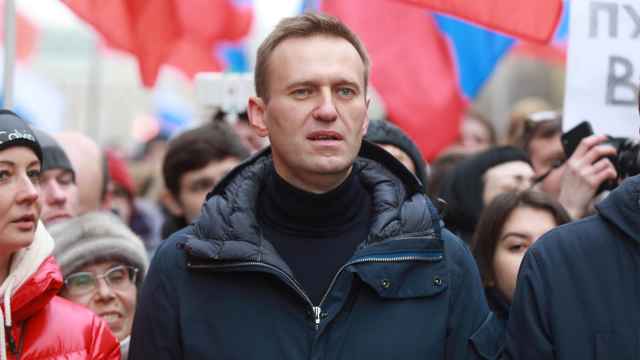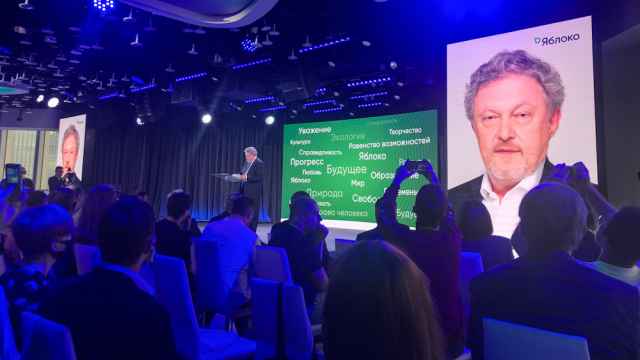The body of late Russian opposition leader Alexei Navalny has been handed to his mother, more than a week after he died in an Arctic prison colony, his spokesperson said on Saturday.
Navalny, President Vladimir Putin's most vocal critic, died on February 16 in one of Russia's toughest prisons in northern Siberia, where he was serving a 19-year sentence on charges widely seen as political retribution for his opposition.
"Alexei's body was handed over to his mother. Many thanks to all those who demanded this with us," Navalny spokesperson Kira Yarmysh said on X, formerly known as Twitter.
For the past week, Russian authorities had refused to give Lyudmila Navalnaya custody of her son's body, after she travelled to the town of Salekhard in the Yamalo-Nenets region, the nearest settlement to the prison colony where Navalny died.
Navalny's team on Friday said they had filed a lawsuit to obtain the body, alleging that local investigators had threatened to bury him on the prison grounds if his mother did not agree to a "secret" funeral.
Yarmysh said plans for the funeral were still unclear.
"Lyudmila Ivanovna is still in Salekhard. The funeral is still pending. We do not know if the authorities will interfere to carry it out as the family wants and as Alexei deserves," she said.
His team said previously the Kremlin was trying to block a public funeral, which could turn into a show of support for Navalny's movement and his opposition to Putin.
The Russian leader, who famously never said Navalny's name in public, has not commented on the death of his most vocal critic.
His spokesman, Dmitry Peskov, has criticised statements by Navalny's wife and Western leaders that blamed Putin for his death as "vulgar."
'Satanism'
Russian authorities said Navalny died of "natural causes" after he lost consciousness following a walk in the prison colony, nicknamed "Polar Wolf."
But his team said investigators were holding on to his body, refusing for days to let his mother even see it — prompting accusations the state were "killers" trying to "cover their tracks."
Tens of thousands of Russians signed a petition calling for Navalny's body to be released while dozens of high-profile Russian cultural figures published video messages urging the same.
Earlier on Saturday, Yulia Navalnaya had accused Putin of "satanism" for not allowing her husband's body to be returned.
"You tortured him alive, now you torture him while he is dead," Yulia Navalnaya, who has vowed to continue her husband's work, said in a video, published Saturday.
"What Putin is doing now is hatred. No, not even hatred, it's some kind of satanism," she added.
His death, which came after three years of being held in Russian prisons, triggered uproar among the country's opposition and Western leaders.
On Saturday, Canadian Prime Minister Justin Trudeau added his voice to those pointing the finger at the Kremlin as he appeared to say the Russian leader was behind Navalny's death.
"Putin pretends to be powerful, but truly powerful leaders do not assassinate their opponents," Trudeau said at a press conference in Kyiv, marking two years since the Russian invasion.
Russian police have arrested hundreds of mourners at makeshift memorials to Navalny over the last week.
The opposition leader had shot to prominence through his anti-corruption campaigning, exposing the alleged ill-gotten gains of Putin and his entourage in slick YouTube films that racked up millions of views.
He was arrested in January 2021 when he returned to Russia after being treated in Germany for a poisoning attack he suffered while campaigning against Putin in Siberia months earlier.
From jail he continued to campaign against corruption inside Russia, but was forced to watch on helplessly as Putin invaded Ukraine, dismantled his organisation, imprisoned his allies and forced others into exile.
A Message from The Moscow Times:
Dear readers,
We are facing unprecedented challenges. Russia's Prosecutor General's Office has designated The Moscow Times as an "undesirable" organization, criminalizing our work and putting our staff at risk of prosecution. This follows our earlier unjust labeling as a "foreign agent."
These actions are direct attempts to silence independent journalism in Russia. The authorities claim our work "discredits the decisions of the Russian leadership." We see things differently: we strive to provide accurate, unbiased reporting on Russia.
We, the journalists of The Moscow Times, refuse to be silenced. But to continue our work, we need your help.
Your support, no matter how small, makes a world of difference. If you can, please support us monthly starting from just $2. It's quick to set up, and every contribution makes a significant impact.
By supporting The Moscow Times, you're defending open, independent journalism in the face of repression. Thank you for standing with us.
Remind me later.


